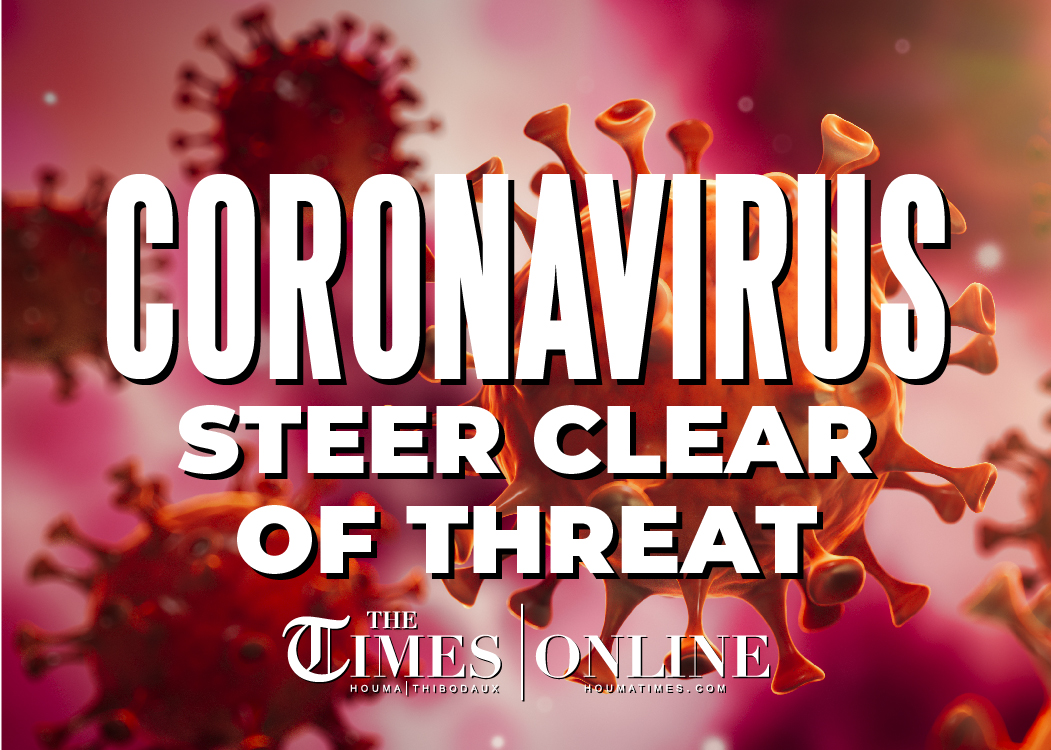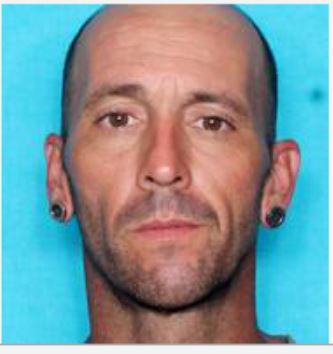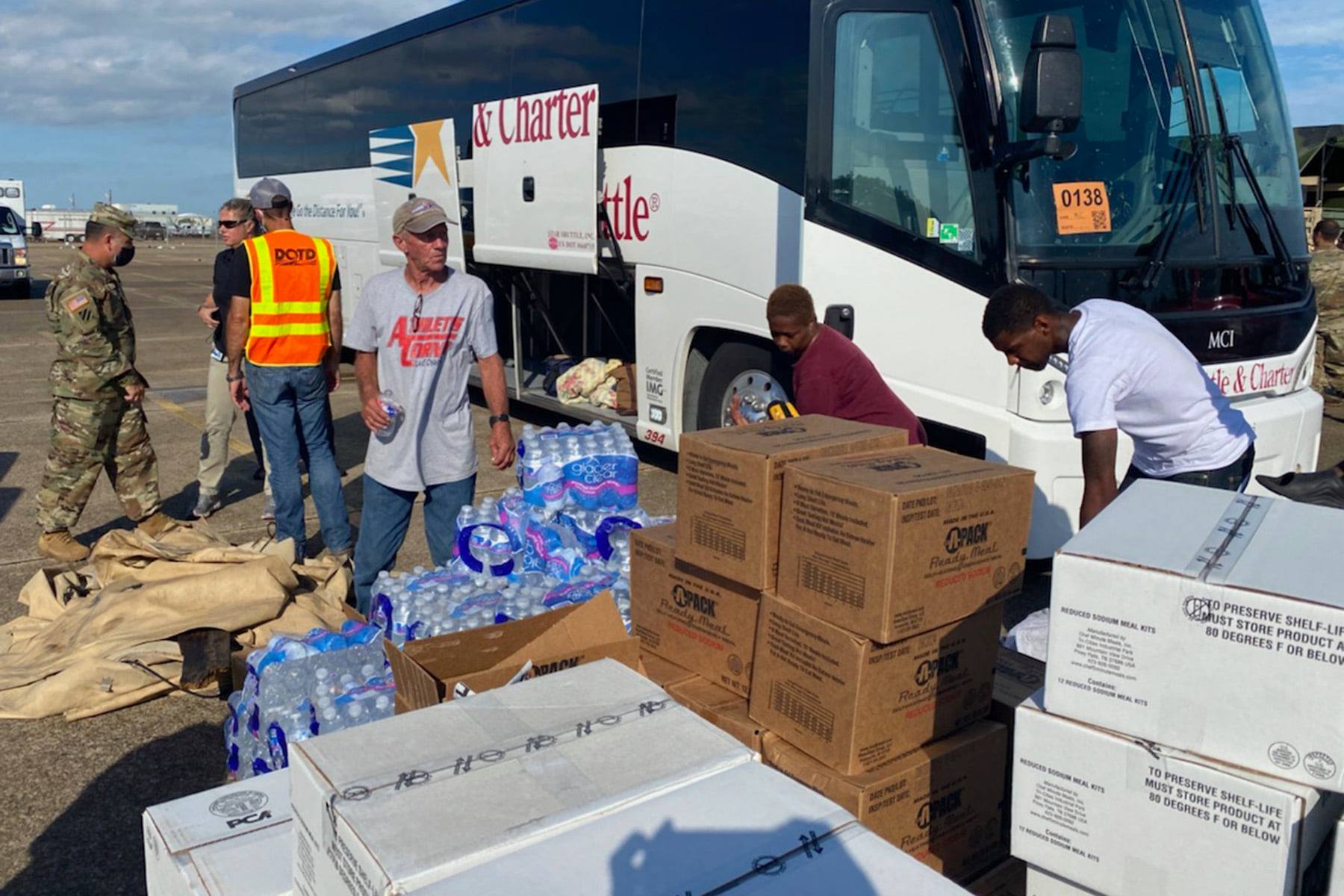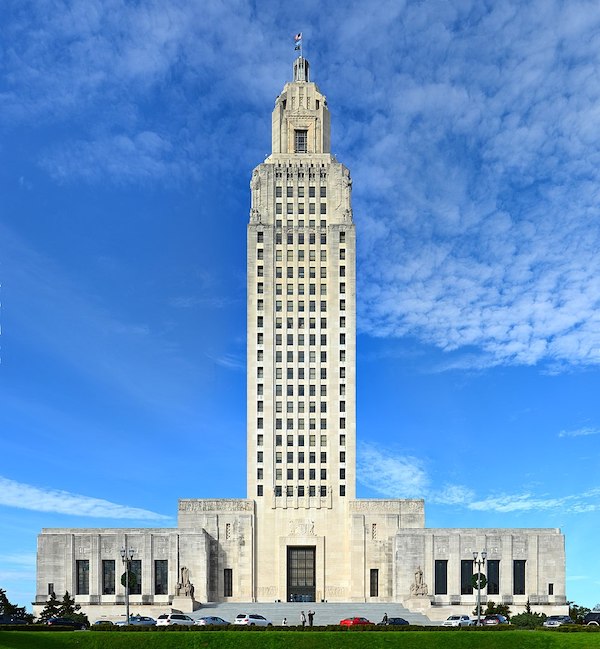
LDH: Over 600 new cases reported statewide
August 28, 2020
TPSO: Proactive patrol during the aftermath of Hurricane Laura resulted in an arrest in Cocodrie
August 28, 2020It’s part of what we love when we say we are from Louisiana. Our people always step up to help others after an emergency. Seeing others suffer at the hand of a natural disaster that could have just as easily landed here in our community strikes a chord with us.
If you are helping with a donation drive, please make sure you coordinate with local officials to receive those items and only collect items confirmed as needed by those in the impacted region. Be wary of “collections” you might see on social media, and confirm they are being put on by trusted and reliable groups or individuals.
The Governor’s Office of Homeland Security and Emergency Preparedness offers this guidance on donation efforts from FEMA:
Volunteer and Donate
After a disaster, people come together to help. To make the most of your contributions, it’s important to follow these guidelines for donating and volunteering responsibly. To find a list of trusted organizations that can put your generous contributions of money, donations and time to the best possible use, visit National Voluntary Organizations Active in Disaster.
Cash is Best
Financial contributions to recognized disaster relief organizations are the fastest, most flexible and most effective method of donating. Organizations on the ground know what items and quantities are needed, often buy in bulk with discounts and, if possible, purchase through businesses local to the disaster, which supports economic recovery.
Confirm What Donations are Needed
Unsolicited goods the are not needed can burden local organizations’ ability to meet survivors’ confirmed needs, drawing away valuable volunteer labor, transportation and warehouse space.
Critical needs change rapidly. Confirm with trusted organizations what items are needed BEFORE collecting. Remember to:
• Pack and label carefully
• Confirm delivery locations
• Arrange transportation
• Connect to Volunteer
Don’t self-deploy to disaster areas.
Trusted organizations operating in the affected area know where volunteers are needed and can ensure appropriate volunteer safety, training and housing.
Be Patient
Recovery lasts a lot longer than the media attention. There will be volunteer needs for many months, often many years, after the disaster — especially when the community enters the long-term recovery period. Your help is often needed long after a disaster, when others may have forgotten about it.
Image courtesy of Louisiana National Guard.





